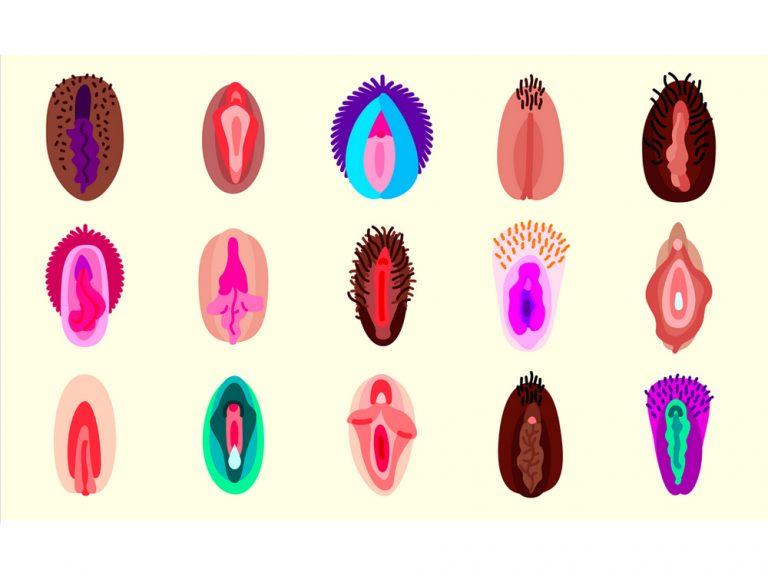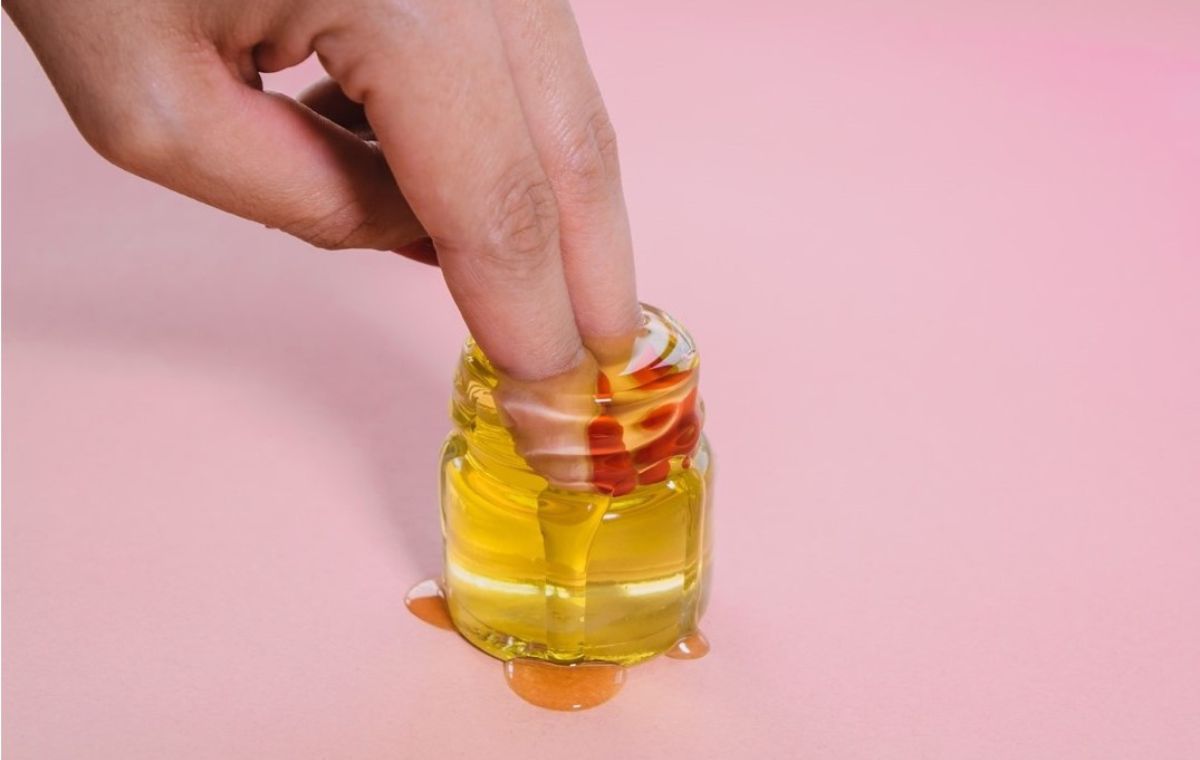Like all living things, we are inherently sexual beings. Our sexuality is rooted in how we understand and define ourselves, how we perceive others, and how we see the world. Sexuality is a multi-dimensional, complex mix of physiological, interpersonal, cultural, emotional, and psychological factors.
It’s sexual health week, which means it’s time to celebrate everything we love here at MysteryVibe; sexuality, sensuality, intimacy, self-exploration sexual self-compassion.
So, firstly, let’s talk about that last one – sexual self-compassion. What is it? Why is it important? And what does it have to do with sexuality.
Self-compassion, you guessed it – is about being compassionate to ourselves. Contrary to the values of self-esteem, this is not based on self-evaluation. You do not have to feel better than others to feel good about yourself.
Instead, it’s a process of understanding that physiologically, we’re all different. There’s no such thing as normal – or rather, we are all normal. We’re all made of the same parts, just organised in a unique way.
Our bodies are all beautiful, no matter how different they look. As one of our favourite Sex Educators, Emily Nagoski once rightly said;
“Treat cultural messages about sex and your body like a salad bar. Take only the things that appeal to you and ignore the rest. We’ll all end up with a different collection of stuff on our plates, but that’s how it’s supposed to work. It goes wrong only when you try to apply what you picked as right for your sexuality to someone else’s sexuality.”
With that being so, self-compassion is a mental act, which is often difficult to embrace… especially in an age where images of women with stereotypically ‘beautiful’ bodies flood our screens through mainstream media and pornography.
We understand that, which is why we thought giving you some practical tips geared towards feeling sexually empowered may help.

Self-exploration. Love your sexy bits.
A lot of people underestimate the power of masturbation and how exploring yourself can improve mental, physical and sexual health.
It is essential that women, specifically, learn to appreciate their own anatomy and teach themselves how to self-pleasure.
Our anatomy is very complex, and it often takes a long time to discover erogenous zones and places that make your toes tingle. By investing time into exploring your body, you’re taking a huge step towards improving your sex life and enhancing your ability to orgasm.
Not only can self-exploration improve your sexual relationships, it will also increase your confidence in the bedroom and generally make you feel great.

Open up. Control your own pleasure.
Lack of communication is the cause of most issues surrounding sexuality, desire and intimacy. Sex is still a taboo subject, and there are still connotations of shame and vulnerability attached to it.
As a sexual health company, it’s part of our job to address this problem and remind people everywhere that we should never feel embarrassed to talk about sex, and what makes us feel good.
The secret to maintaining a good relationship, experiencing great pleasure and building intimacy with another person is through clear communication.
So instead of worrying whether you’re doing it right, or if your partner is having a good time – talk to them.
Ask, “How do you want me to make you feel?” “Where do you want me to touch?” or tell them “I like it when you do …” or “Can you touch there?”.
Building the confidence to be open will make you feel sexy, and make your partner want you even more than they already do.
Remember, it’s not your partner’s responsibility to know what feels good for you. It’s your responsibility to communicate your likes, dislikes, fantasies and desires.
Think about it this way; if you don’t know where your pleasure points are, or what makes you feel good then how do you expect your partner to know?
It’s our job to empower people and conversations through pleasure. But it all starts with self-love. Love yourself, and all the other stuff will follow.
If you find yourself worrying about your self-compassion or sexual health more broadly, get in touch with FPA and start a conversation.





















